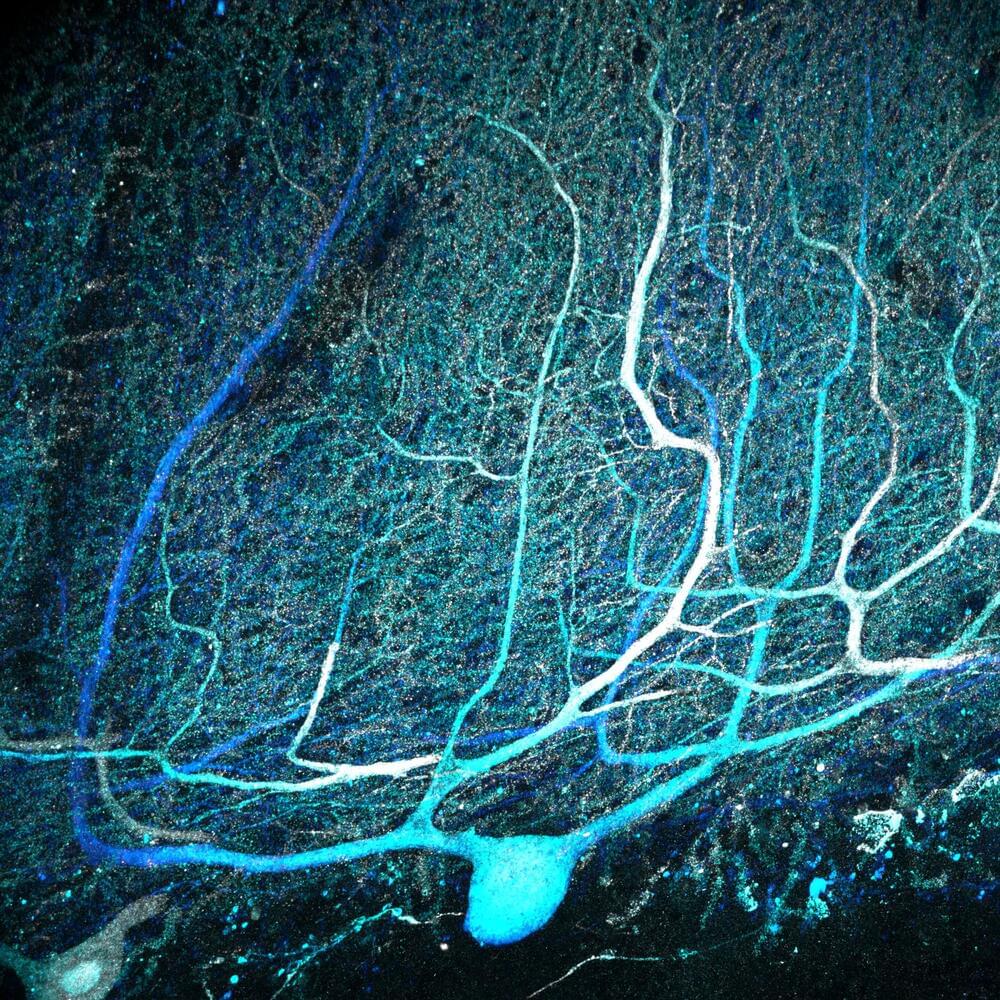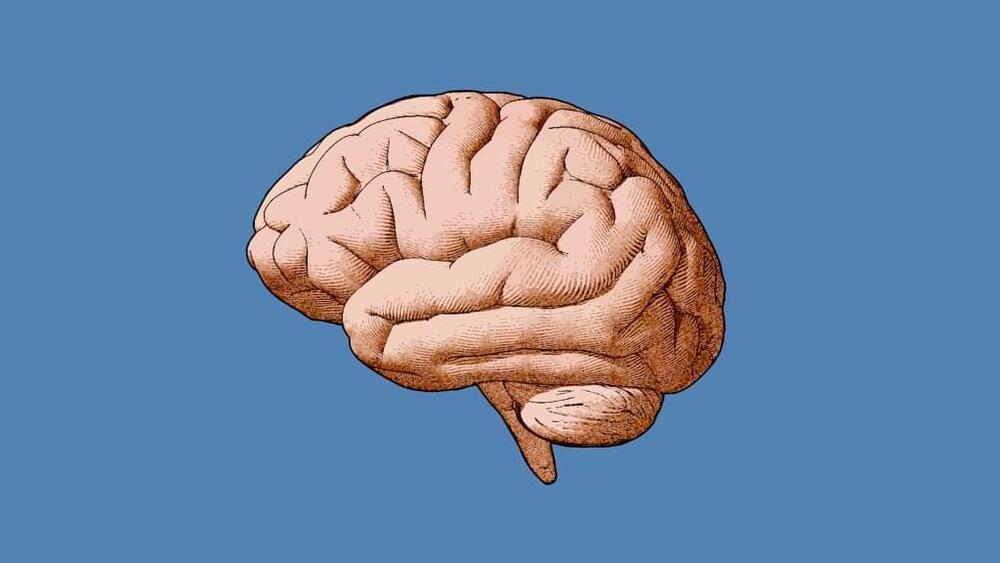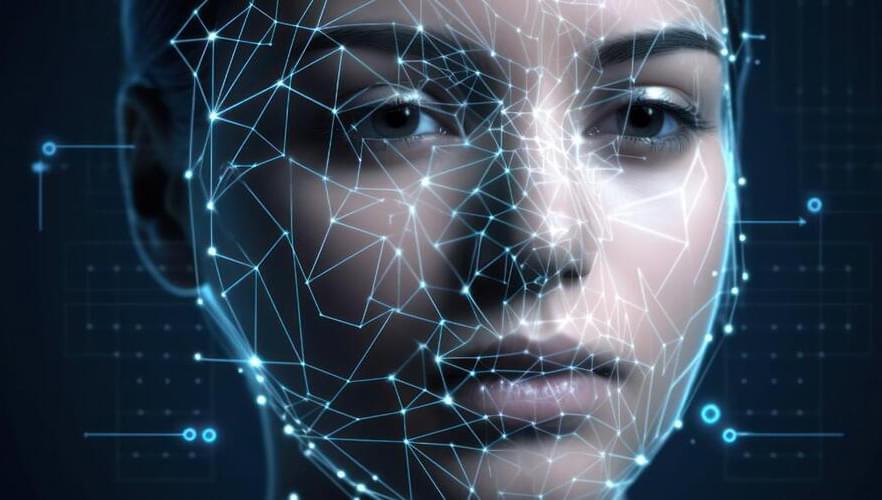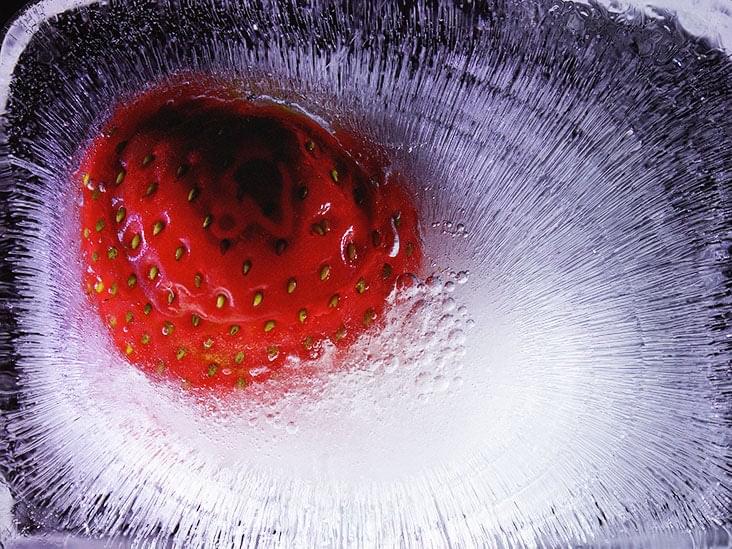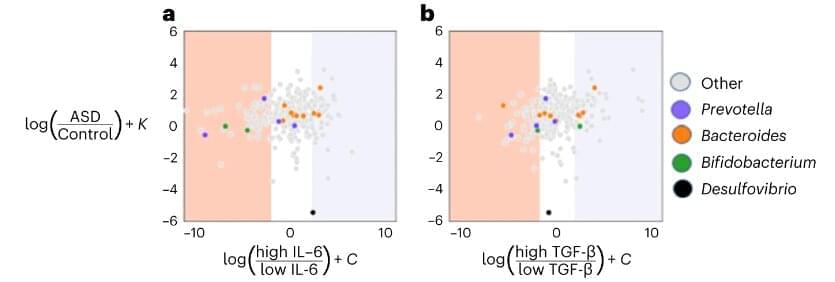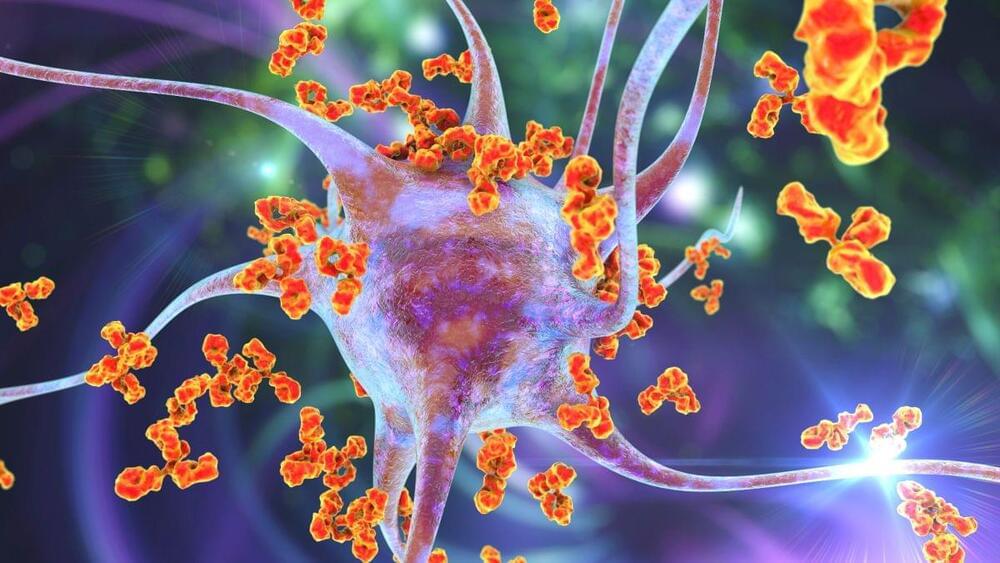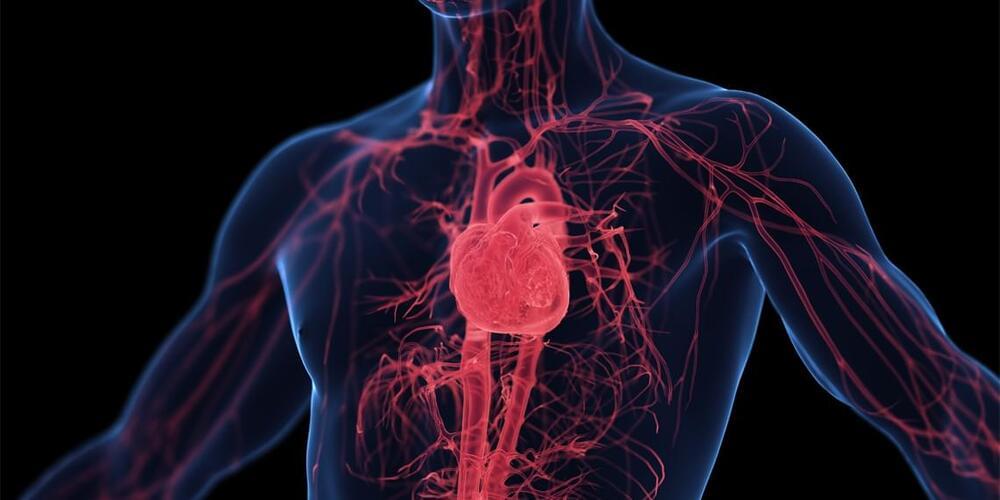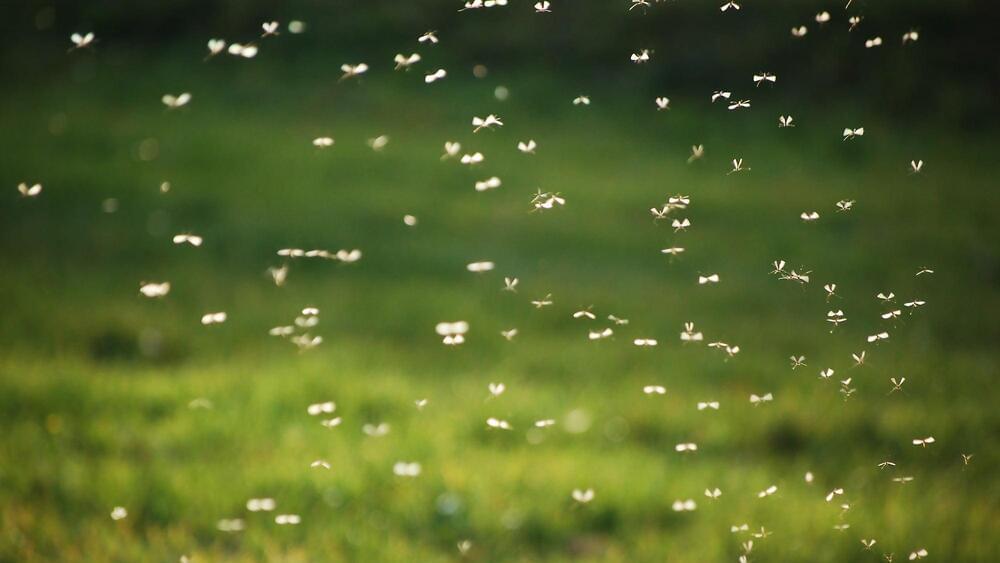Jul 31, 2023
Complex brain cell connections in the cerebellum more common than believed
Posted by Shubham Ghosh Roy in categories: neuroscience, sustainability
The STAR party’s vision for Canada includes the research and development of self sustainable Mobile Airborne Cities; or Airborne Arcologies. Being an obviously semi-long term goal, the objective would be to at first, allocate budgeting towards research and development of components to build this project in a phased manner… and the scaling of the project as technology allows for it.
Phase I: research and development of scalable micro-prototypes.
Phase II: multiple prototype development / testing stages.
Continue reading “Complex brain cell connections in the cerebellum more common than believed” »
